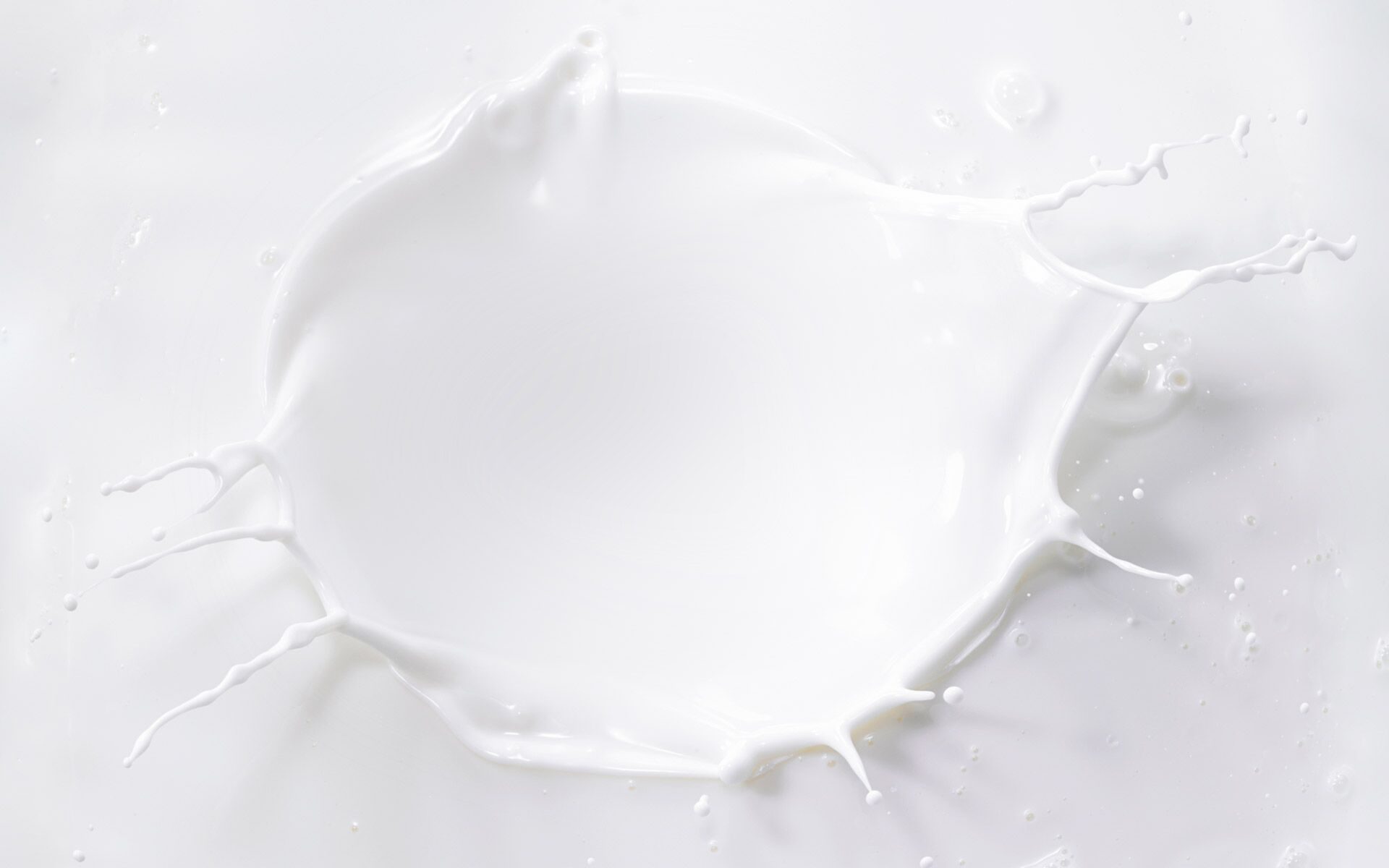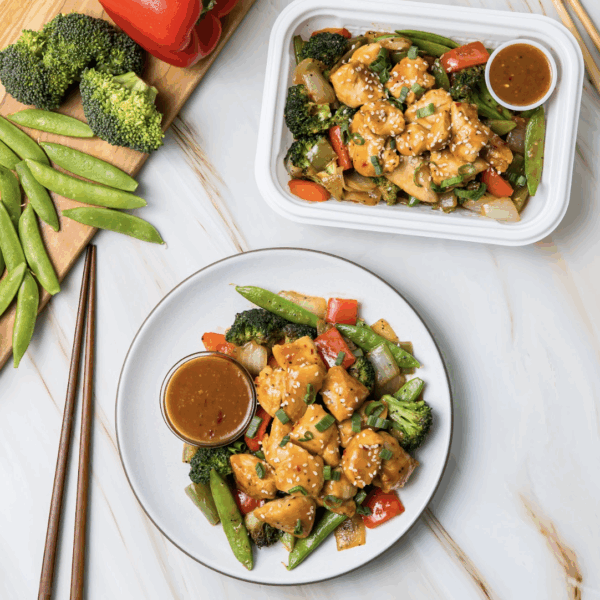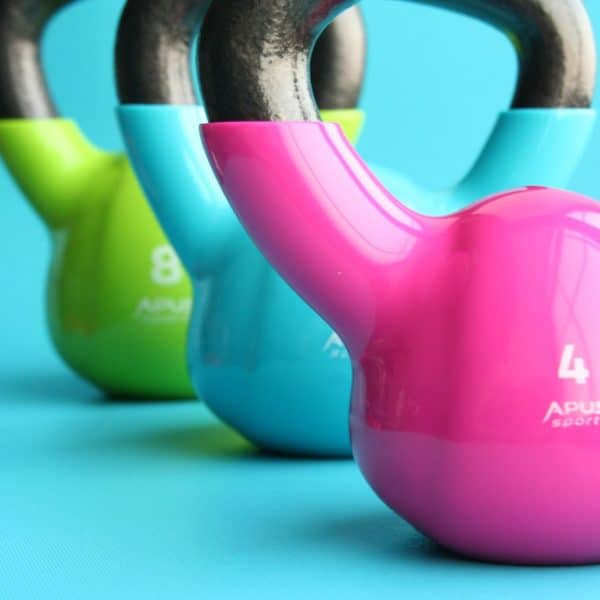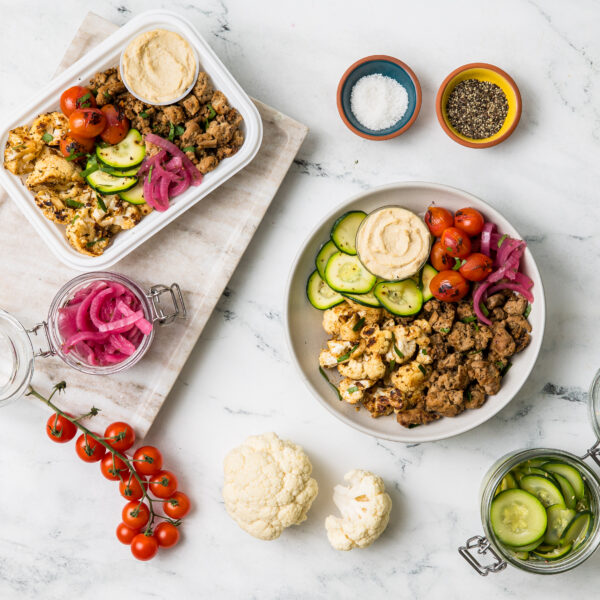While cow’s milk has long been touted for its bone-building calcium, vitamin B12 and riboflavin content, many people can’t properly digest it. As a result, in recent years dairy-free alternatives and milk substitutes have been on the rise. While soy and almond milk were the main players for a long time, the market has opened up to a variety of nut, hemp, oat and rice milks.
Those on a vegan, vegetarian, paleo, or ketogenic diet often utilize plant-based milks as an alternative to cow’s milk, both for drinking and for dairy-free recipes. The great thing about plant-based milks is that many varieties are easy to make at home, meaning you can customize their flavor to suit your tastes.
With all the different varieties, it can be hard to know which is right for you. Today, we’re breaking down all the options, giving you the scoop on their benefits and the best ways to use them!
Milk Substitutes and Alternatives
1. Almond Milk
Perhaps the most popular plant-based milk, almond milk accounts for 4 percent of total milk sales on a yearly basis — and that number is only growing. Because of its high water content (many brands only contain 2 percent almonds), almond milk is one of the lowest calorie milk alternatives available. While it’s rich in vitamin E, which protects against free radicals, it’s much lower in calcium and protein than cow’s milk. One store-bought cup of unsweetened almond milk contains an average of 30 calories, 1 gram of protein and 2.5 grams of fat.
Because of its low protein levels, almond milk is a great option if you already get ample protein in your diet. It has a sweet, slightly nutty flavor which makes it a great addition to smoothies, oatmeal and coffee.
2. Cashew Milk
As with other plant-based milks like almond milk, the nutrient density of cashew milk depends on whether it is store-bought or homemade. Homemade cashew milk contains more healthy fats, calories, fiber & magnesium when compared to it’s store-bought counterpart. One store-bought cup of cashew milk contains an average of 38 calories, 3 grams of fat, 1 gram of protein and 1–2 grams of carbs.
This vegan and dairy free milk alternative is low in calories and protein, which means it isn’t the best option for those who are very active or who are relying on milk to fill some of their protein needs. However, for those looking to reduce their carb intake or monitor their blood sugar levels, cashew milk is a great option. Since it has a similar texture to cow’s milk, it can make a great dairy-free milk substitute in many recipes, including smoothies or sweets like muffins and pancakes.
3. Coconut Milk
Coconut milk is made from the inner flesh of coconuts and water, and adds a rich, subtly sweet flavor to any dish. Most often used in Asian and Indian cuisine, this milk alternative provides no protein and almost no carbs, but is higher in calories and fat than many other popular nut milks. It’s important to note that the nutrient composition of coconut milk will vary depending on whether you buy it canned or in a carton. One cup of store-bought coconut milk contains 45 calories, 4 grams of fat, no protein and a negligible amount of carbohydrates.
What really separates coconut milk from other plant-based options is its fat content. Around 90 percent of coconut milk’s calories come from saturated fat. It contains medium chain triglycerides (MCTs), a type of saturated fat that has been shown to reduce appetite, aid in weight loss and improve cognition. Given it’s high fat and low carb content, coconut milk is a great option for those on a low carb or keto diet. While it does have a subtle coconut flavor, it’s a great addition to smoothies or recipes to simulate a creamy flavor profile.
4. Hazelnut Milk
Hazelnut milk is a more rich and creamy option that’s often used to impart a dessert-like flavor in recipes and drinks. Despite its indulgent taste, hazelnut milk actually contains 10 percent of your daily recommended intake of vitamin A and E and is a better source of calcium than almond milk. One cup of store-bought unsweetened hazelnut milk contains an average of 30 calories, 2 grams of protein, 2 grams of fat is fortified with 30 percent of your daily calcium needs.
Since it’s higher in calcium than some other dairy-free milk options, hazelnut milk is a great choice for those who don’t consume dairy products. Hazelnut milk is known for its strong aroma and sweet flavor, making it a perfect addition to coffee or in baked goods.
5. Hemp Milk
Although hemp is derived from cannabis, it doesn’t cause the same mind-altering effects as marijuana and only contains trace amounts of the psychoactive compound THC. Since hemp milk is higher in healthy fat and protein compared to some of the other plant-based milks on the market, it is a more nutritionally complete option for vegetarians and vegans. Since it’s low in carbs and high in fatty acids and calcium, hemp milk is great for those on the keto diet or simply looking to reduce the amount of carbs they’re eating. One cup of hemp milk has an average of 70 calories, 3 grams of protein, 7 grams of fat and less than 1 gram of carbs.
Hemp milk also contains omega-3 fatty acids, which are essential nutrients that helps promote skin and heart health. With a similar consistency to skim milk, hemp milk is a great addition to cereal, smoothies and coffee.
6. Oat Milk
Oat milk is very easy to make at home with just oats and water. It’s also increasingly available ready-made in stores, but with that convenience often comes added oils, gums and preservatives for a smoother texture. When buying your oat milk in store, look for a brand that only uses water and oats. While this dairy-free alternative is similar in calories to cow’s milk, it offers more carbs along with less fat and protein. One cup of store-bought oat milk has an average of 155 calories, 5 grams of fat, 3 grams of protein and 25 grams of carbohydrates.
During the process of making oat milk, the oat’s fiber and beta-glucan (a type of soluble fiber) is preserved, making it a great option for those looking to increase their fiber intake or further regulate their digestive system. This thick and grainy milk works great with most cereals and can be used to add texture and thickness to desserts.
7. Pea Milk
Relatively new to the plant-based milk scene is pea milk, which is made from yellow peas and has the highest protein content of the plant-based milk options. One cup of pea milk contains 70 calories, 8 grams of protein (the same amount in cows milk), 4.5 grams of fat and it’s fortified with iron, calcium and vitamin D.
Pea milk is a great option for those with a sensitivity or allergy to nuts.The sugar content in flavored varieties of pea milk can be quite high, so look for unsweetened or unflavored varieties. Another downside of pea milk is that it’s almost always made with sunflower oil, a pro-inflammatory oil that’s high in omega-6 fatty acids. Whenever possible, it’s best to limit consumption of sunflower oil and other vegetable oils. Having said that, pea milk can be a good option for salad dressings, overnight oats or anytime you want a boost of veggie-based, nut-free protein.
8. Rice Milk
Rice milk is free of nuts, so it’s an allergy-friendly and dairy-free milk option. Since it’s made with either white or brown rice (both higher carbohydrate options) and water, rice milk contains more than double the amount of carbohydrates than are in cow’s milk. One cup of rice milk has around 135 calories, 3 grams of fat, 1 gram of protein and 33 grams of carbs.
Because its high in carbohydrates, rice milk isn’t a good option for those with diabetes or trying to eat low carb. It also contains high levels of arsenic, and while arsenic is found naturally in some foods, continued ingestion of this chemical can be damaging to the body. When consumed in limited amounts, rice milk’s plain flavor makes it a good addition to smoothies or recipes.

It’s important to keep in mind that plant-based milks are meant to be a supplement to an already healthy diet, since they don’t provide the same nutrients as cow’s milk. They’re a great dairy-free substitute in recipes, in your morning coffee or your regular smoothie, but aim to get the bulk of your protein and calories from whole food sources instead.
Want to eat well without the shopping, prep, cooking or cleaning? Try our dietitian-curated, chef-designed meals today!
Sources: Heathline | Best Health Magazine













Leave a Reply
1 Comment
Thanks for sharing wonderful information.